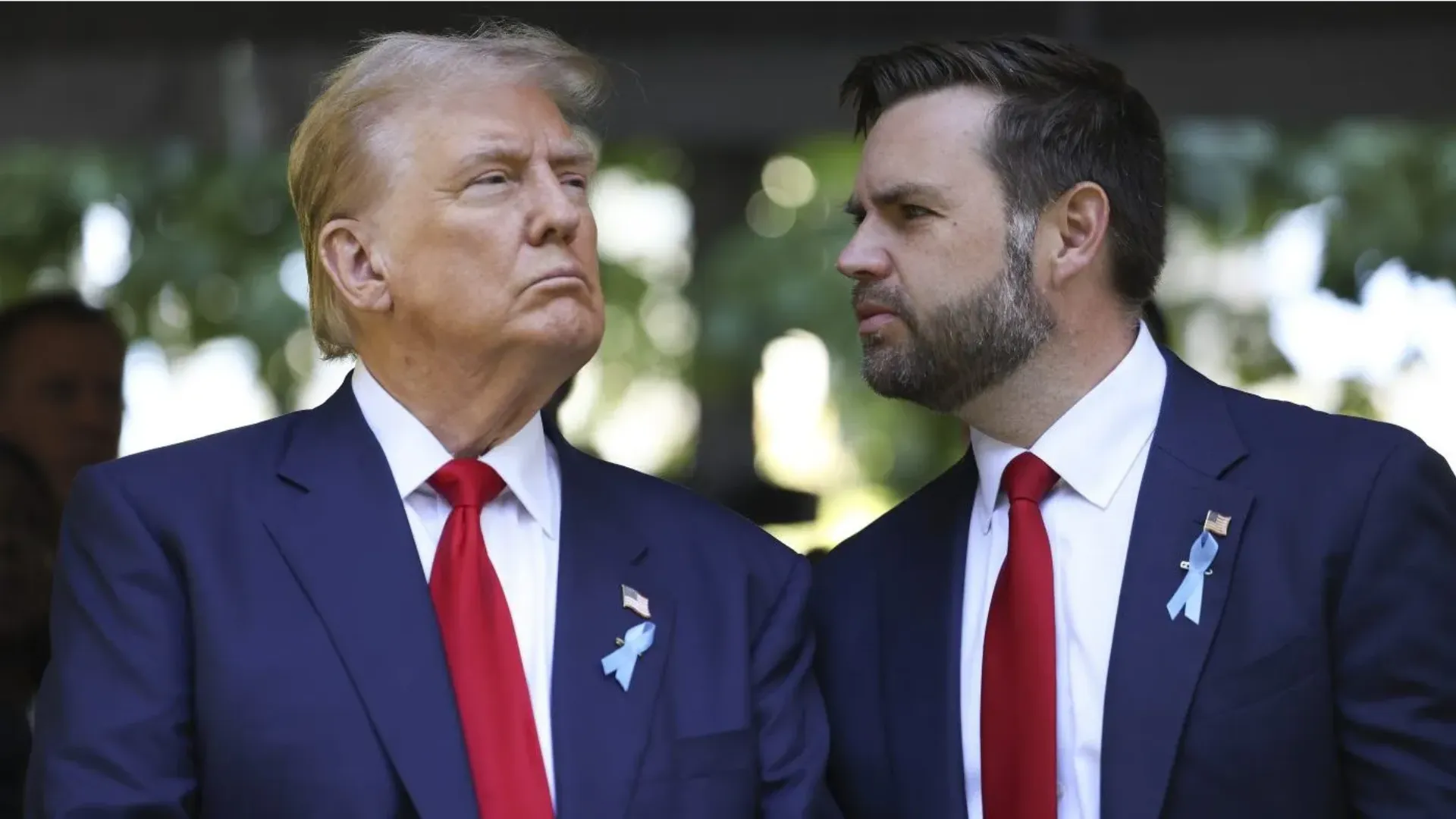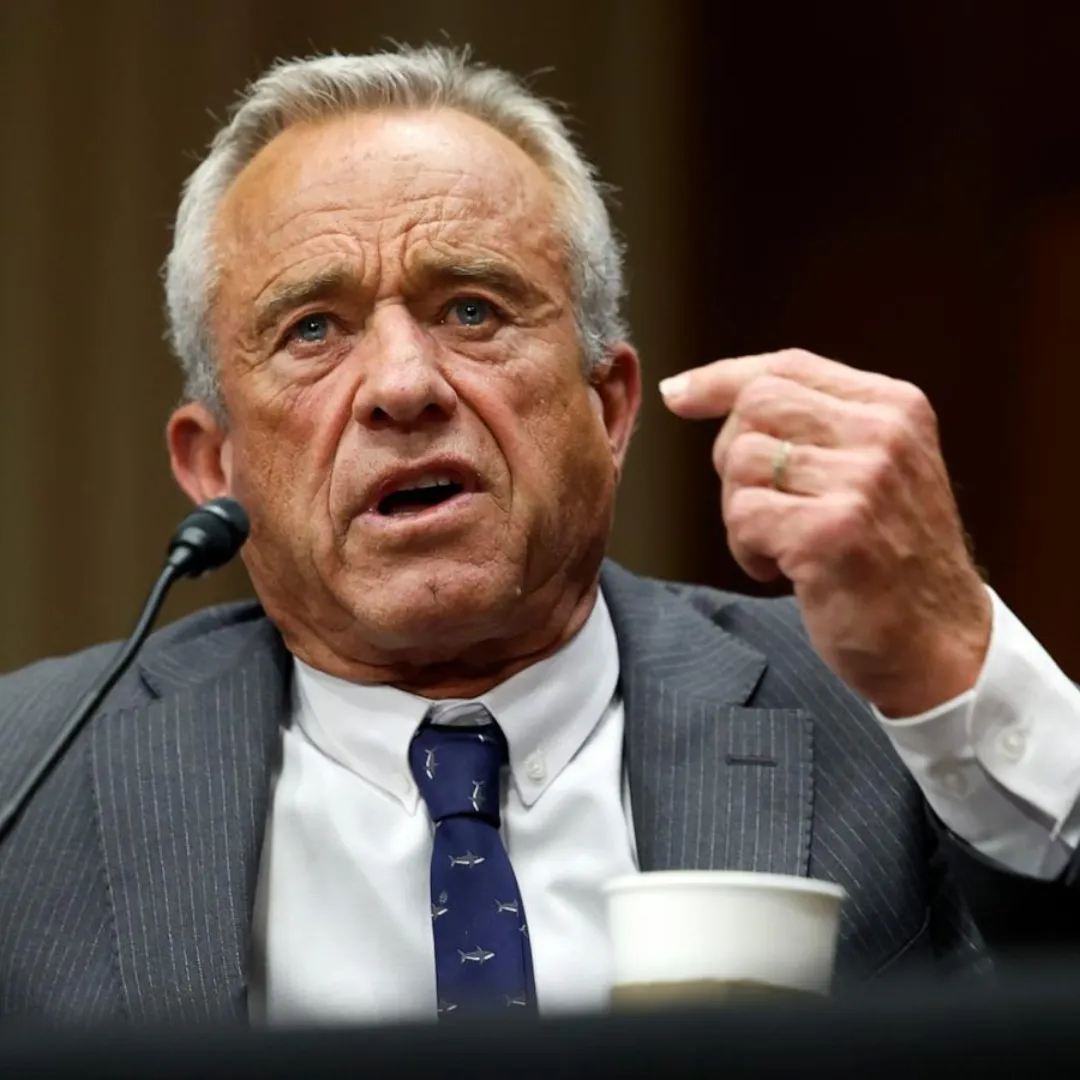Senator Bernie Sanders is taking aim at some of the most powerful law firms in America, accusing them of cowardice and greed for capitulating to the Trump administration’s executive orders — measures widely seen as political retribution aimed at lawyers who dared to challenge the president.
In an interview with CBS Sunday Morning, the Vermont senator didn’t mince words: “They’re zillion-dollar law firms, and money, money, money is all that motivates them,” Sanders said. “So they’re going to sell out their souls to be able to make money here in Washington.”
Sanders was referring to the recent string of high-profile legal firms that had initially represented Trump’s political opponents — and later cut quiet deals with the administration after Trump issued retaliatory executive orders that would strip them of security clearances, bar them from federal buildings, and force their clients to disclose connections to the firms.
The price of resistance, apparently, was too high for some.
Three months into Trump’s second term, the White House has pushed forward with a series of executive actions designed to, in the administration’s words, “prevent undue political bias in federal contracting and access.”
In practice, the orders targeted law firms that had either litigated against Trump or defended individuals and organizations critical of his presidency.
Firms found to be “engaged in partisan legal warfare,” according to the text of the orders, would lose access to classified information, be blocked from representing clients in federal court buildings, and risk being blacklisted from government contracts.
Some of the most recognizable names in U.S. legal history didn’t wait to fight. Within weeks of the orders, firms like Willkie, Farr and Gallagher; Milbank LLP; and Skadden, Arps, Slate, Meagher & Flom had reached deals with the administration.
In exchange for continued access and government business, these firms reportedly agreed to refrain from race-based hiring, perform pro bono work aligned with causes supported by Trump, and curtail legal action that could be seen as politically motivated.

Former partners and alumni of these firms were some of the first to speak out — publicly shaming the decisions as "ethical failures" and “a betrayal of the profession’s duty to uphold justice.”
Sanders took it further: “They folded not because they were forced to. They folded because they thought they’d lose a few clients,” he said. “That’s absolute cowardice.”
Other law firms are fighting back — and winning.
Perkins Coie, a frequent target of Trump’s ire due to its ties to Democratic campaigns, filed a lawsuit challenging the executive order directed at them. A federal court quickly granted an injunction, blocking most of the order’s enforcement.
Jenner & Block and WilmerHale followed a similar path, bringing legal challenges that temporarily halted the restrictions placed upon them.
In a rare show of unity, hundreds of law firms, bar associations, and retired federal judges signed amicus briefs backing these challenges, warning that the orders posed a dangerous precedent.
“Once you start punishing lawyers for who their clients are, you’re not practicing law anymore — you’re participating in a political purge,” said one former federal appellate judge.
For Sanders, this isn’t just about law firms. It’s about the erosion of democratic institutions in the face of concentrated wealth and authoritarian impulses.
“When the most powerful law firms in the country roll over because they don’t want to lose a contract or a seat at the table, what does that say about our system?” Sanders asked.
His answer: “It says we’ve become a pseudo-democracy.”
Sanders also blasted Elon Musk, who has played an increasingly central role in Trump’s second term. After donating over $270 million to Trump’s campaign and affiliated PACs, Musk was named head of the Department of Government Efficiency, where he was tasked with slashing agencies and budgets across the federal government.

The appointment sparked criticism from progressives and former civil servants who say Musk’s aggressive cuts have gutted essential services in areas like education, housing, and environmental protection.
Sanders didn’t hold back. “Look, you get one vote, and Elon Musk can spend $270 million to help elect Trump,” he said. “Does that sound like a democracy to you?”
The deals struck by law firms raise troubling questions about whether the United States is drifting toward a two-tiered legal system — one where firms and clients deemed “friendly” to the administration are rewarded with access and contracts, while dissenting voices are punished or silenced.
Legal ethics watchdogs warn that even the appearance of political favoritism in the legal system could devastate public trust.
“If the justice system becomes another tool of the executive branch, we’ve crossed a line that’s very hard to uncross,” said a senior fellow at the Brennan Center for Justice.
The controversy has begun to draw public protest. In recent weeks, demonstrators have gathered outside law offices in New York and Washington, D.C., holding signs like:
-
“Paul Weiss Sells Out Democracy”
-
“Skadden, You Don’t Represent Us”
-
“You Don’t Need a Soul to Bill $1,000 an Hour”
Online, the backlash has been just as fierce. Legal Twitter, LinkedIn comment sections, and legal Reddit threads have exploded with condemnation of firms that settled rather than fought.
“They talk about ‘rule of law’ at their galas,” one viral tweet read, “and sell it out by Tuesday morning for a better client list.”
This moment may mark a turning point for the American legal profession — and for the idea of justice itself as a nonpartisan institution.
Sanders believes the legal community must choose: resistance or irrelevance.
“If you’re not willing to stand up when power goes after your peers, your institutions, your Constitution — then what good are you?” he said.
More legal battles are expected. Perkins Coie is preparing for a full trial, and other firms are considering joint litigation. Meanwhile, the White House is rumored to be drafting additional orders that would extend restrictions to academic institutions and civil rights groups receiving federal funding.
Bernie Sanders, for his part, says he plans to introduce legislation to limit executive interference in the legal process and expand protections for lawyers representing clients targeted by the federal government.
“We cannot allow democracy to die in backroom deals,” Sanders said. “Especially not ones signed by million-dollar lawyers.”





